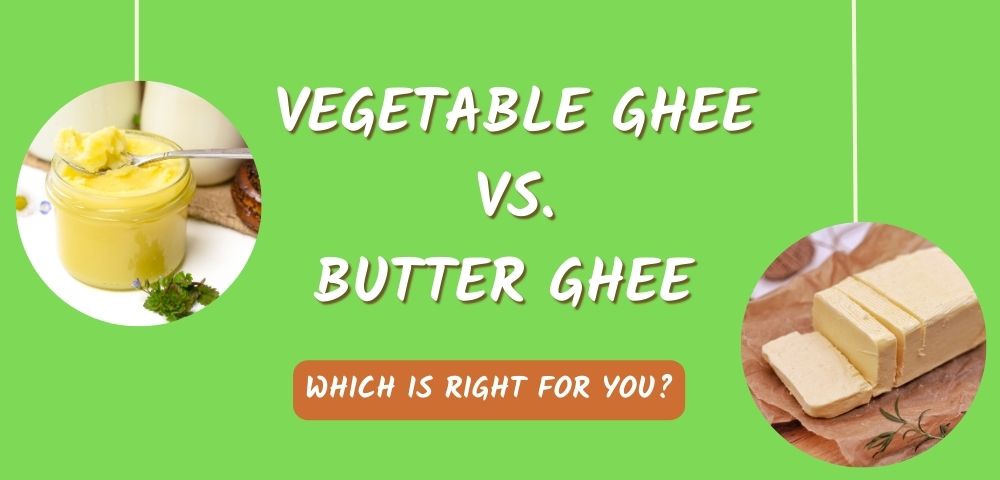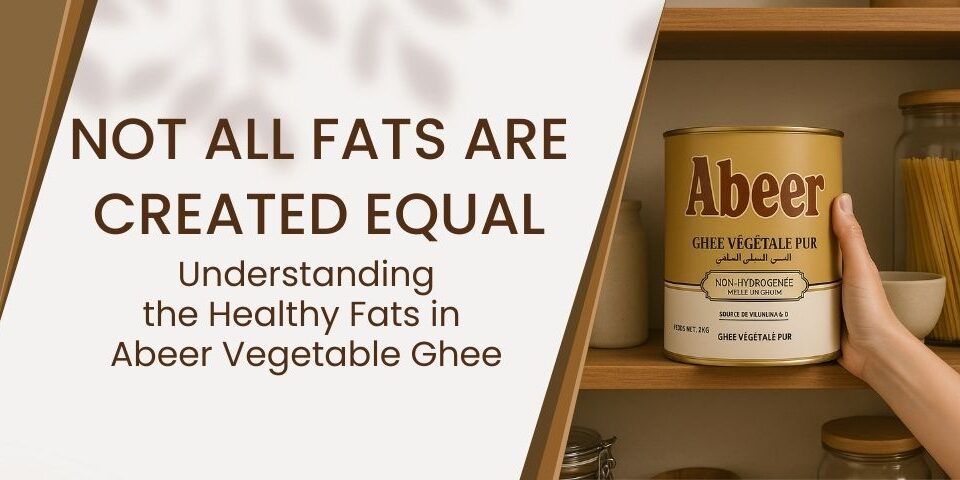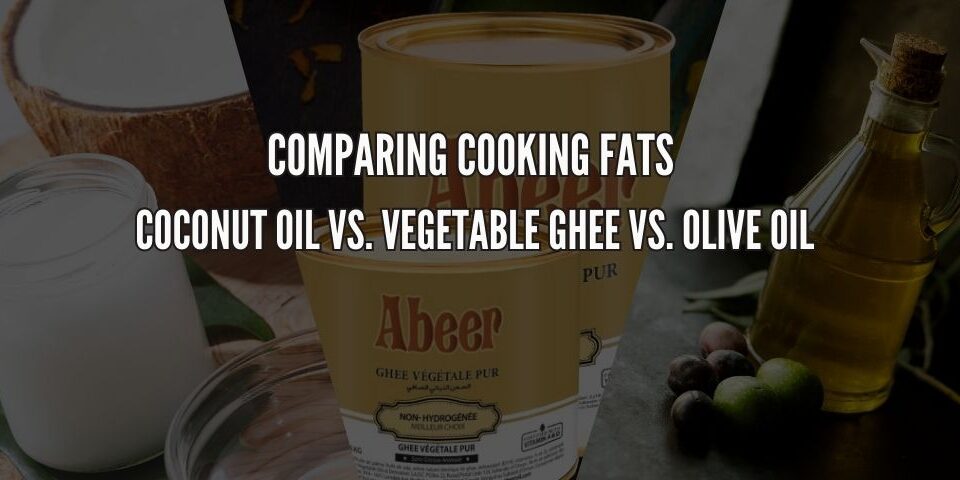
Vegetable Ghee Uses: A Versatile Kitchen Staple
December 23, 2024
Vegetable Ghee FAQ: Everything You Need to Know
January 6, 2025Vegetable Ghee vs. Butter Ghee: Which is Right for You?

When it comes to choosing the best fat for cooking, two options often come up: vegetable ghee and butter ghee. Both have distinct qualities, but knowing which one works best for your needs can help you make a more informed decision. Let’s take a closer look at vegetable ghee vs. butter ghee and compare the two.
What is Vegetable Ghee?
Vegetable ghee is a plant-based alternative to traditional ghee made from dairy. It’s typically made from hydrogenated vegetable oils, which gives it a neutral flavor and a longer shelf life compared to butter ghee. It’s a great option for those who follow a vegan or dairy-free lifestyle. Vegetable ghee is versatile in the kitchen, whether you’re frying, baking, or simply sautéing vegetables.
What is Butter Ghee?
Butter ghee, on the other hand, is made by clarifying butter to remove the milk solids and water, leaving behind pure milk fat. It has a rich, nutty flavor and is often used in traditional cooking, especially in Indian cuisine. Butter ghee is also revered in Ayurvedic practices for its supposed health benefits and ability to promote digestion.
Key Differences Between Vegetable Ghee and Butter Ghee
- Source: Vegetable ghee is plant-based, while butter ghee comes from cow or buffalo milk.
- Flavor: Vegetable ghee has a neutral flavor, while butter ghee has a richer, more complex taste.
- Suitability: Vegetable ghee is perfect for those who are vegan or lactose intolerant, while butter ghee is better for non-vegans and those who want to incorporate traditional ghee into their diet.
- Nutritional Content: Vegetable ghee tends to have lower cholesterol, but if partially hydrogenated, it can contain trans fats. Butter ghee is rich in vitamins A, D, and E, but it also has a higher cholesterol content.
- Shelf Life: Vegetable ghee tends to last longer due to its hydrogenation process, while butter ghee is more perishable but still shelf-stable for several months if stored correctly.
Can You Use Vegetable Ghee Instead of Butter Ghee?
Yes, you can! It depends on what you’re making.
- In Cooking: If you’re frying or sautéing, vegetable ghee can serve as an excellent substitute for butter ghee. It has a higher smoke point, which makes it ideal for high-heat cooking.
- In Baking: Both ghee options can be used in baking, but butter ghee will provide a richer flavor that many baked goods benefit from, especially if you’re making traditional recipes.
- For Health: If you’re looking for a dairy-free, cholesterol-lowering option, vegetable ghee can be a good choice. However, butter ghee has fewer processed oils, and some people prefer it for its more natural composition.
If you want to learn more about how to store vegetable ghee and extend its shelf life, you can read our guide on storing ghee properly.
Which One Should You Choose?
Ultimately, the choice between vegetable ghee and butter ghee comes down to your personal preferences, dietary restrictions, and the type of cooking you’re doing. Vegetable ghee is a great option for those who want a dairy-free alternative, while butter ghee is perfect for those who want to incorporate the authentic taste and health benefits of clarified butter into their meals.



